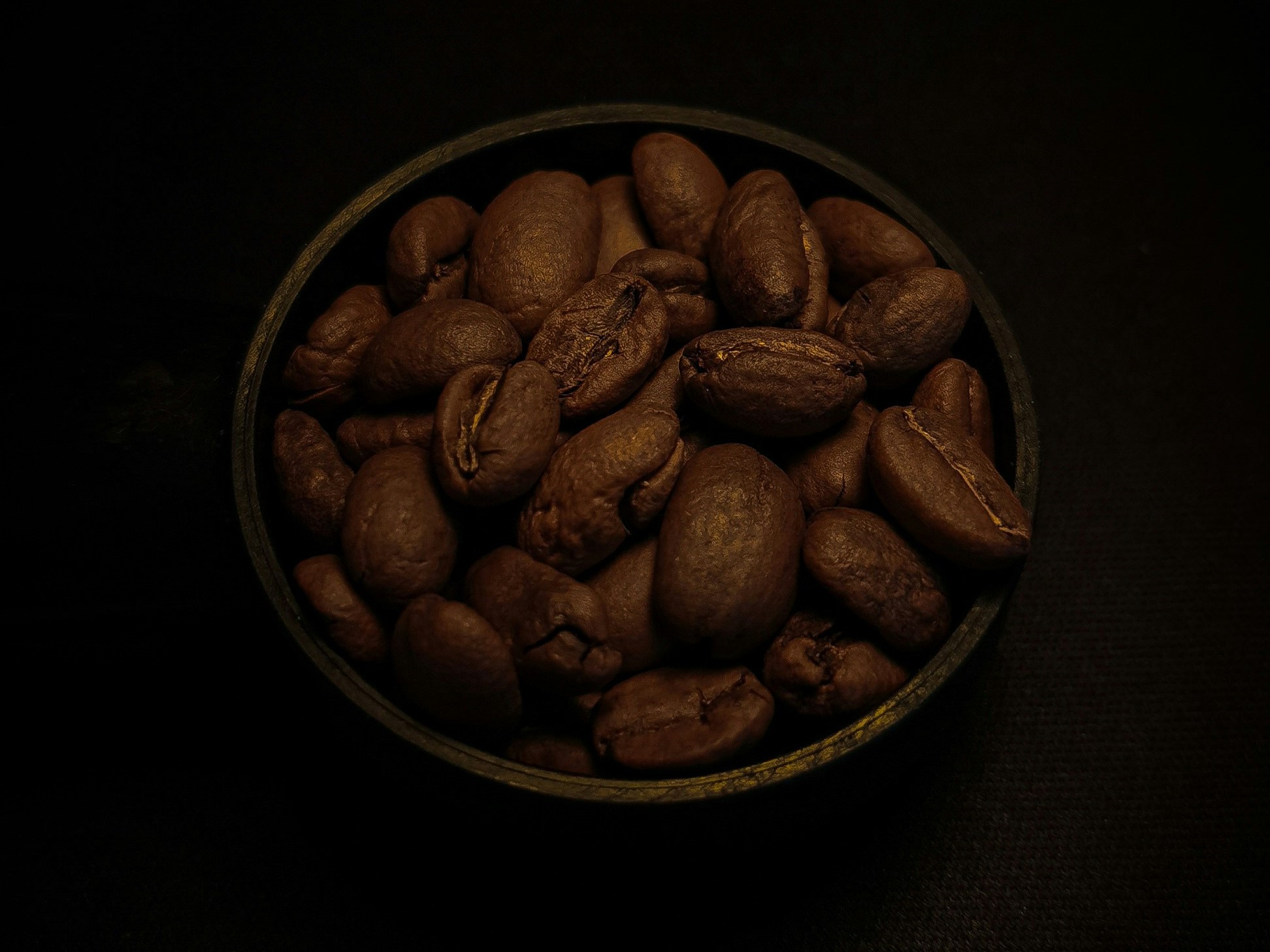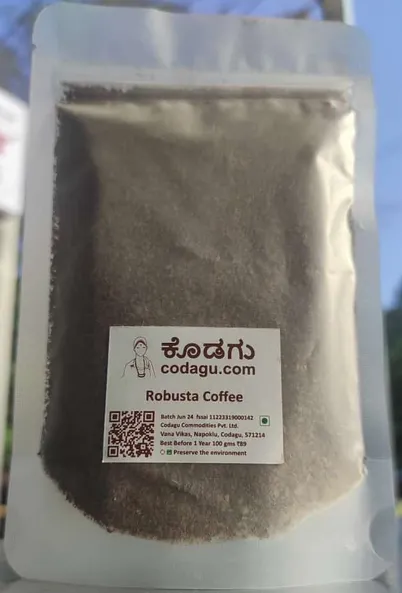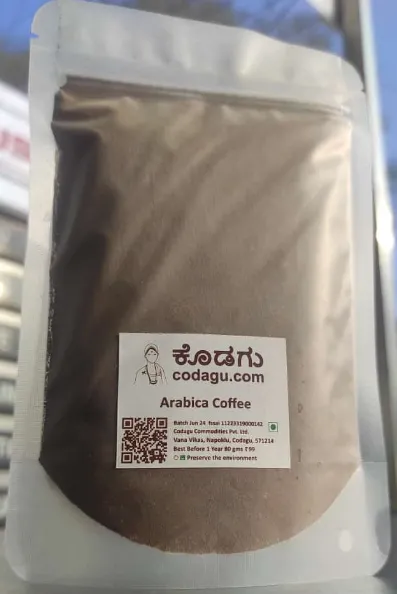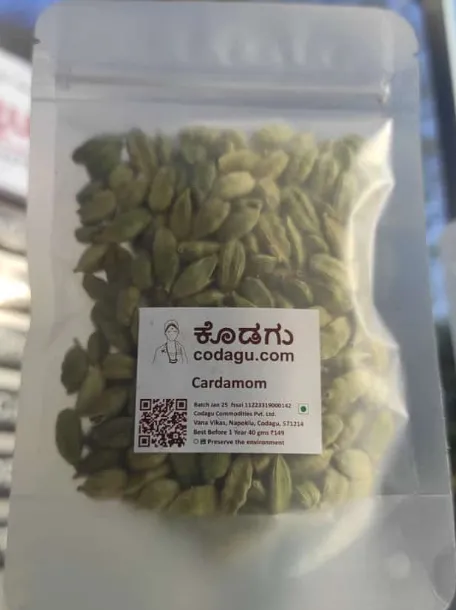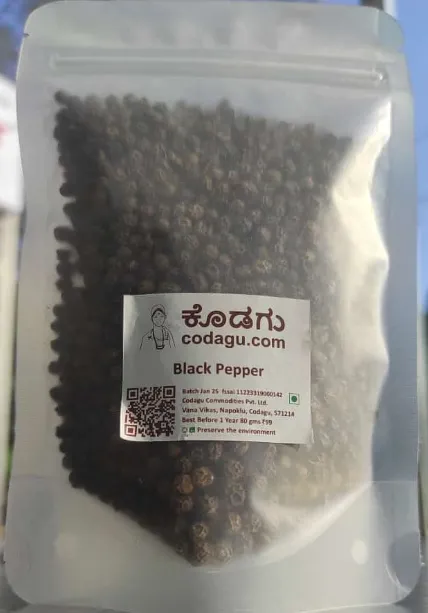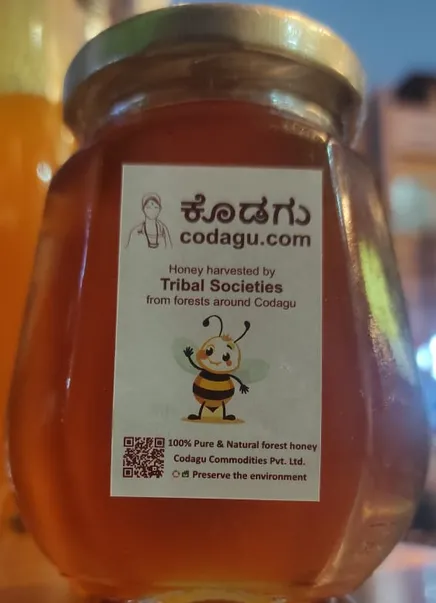Kopi Luwak: The Science Behind the World's Most Expensive Coffee
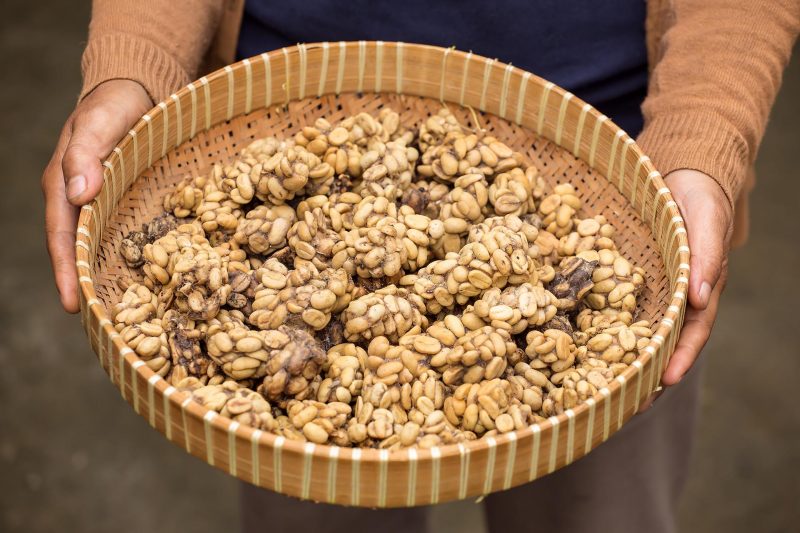
Kopi Luwak, also known as civet coffee, is renowned as one of the most expensive coffees globally, with prices soaring above $1,000 per kilogram. Its unique production process involves coffee beans that have passed through the digestive system of the Asian palm civet (Paradoxurus hermaphroditus). A recent study by researchers at the Central University of Kerala, India, has provided scientific insights into the chemical alterations that occur during this process, shedding light on what makes this coffee so distinct.
The Digestive Process and Chemical Alterations
During the digestion process, civets consume ripe coffee cherries, and the beans undergo fermentation in their intestines. This fermentation leads to chemical changes in the beans. The study found that beans collected from wild civet feces exhibited higher fat content and elevated levels of caprylic and capric acid methyl esters compared to manually harvested coffee berries. These compounds are known to contribute to the coffee's distinctive, dairy-like aroma and flavor profile.
Flavor Profile and Sensory Qualities
The fermentation process in the civet's gut is believed to reduce the beans' bitterness and enhance their sweetness. While the study did not observe significant differences in protein and caffeine levels between fresh and civet-passed beans, the alterations in fat content and specific fatty acid esters are thought to play a crucial role in the coffee's unique taste. These chemical changes contribute to a smoother texture and a flavor profile that is highly prized among coffee connoisseurs.
Ethical and Sustainability Concerns
Despite its luxurious appeal, the production of Kopi Luwak raises significant ethical concerns. In some cases, civets are kept in captivity and force-fed coffee cherries to produce the coffee, leading to poor living conditions and potential harm to the animals. Investigations have uncovered instances of civets being confined to small cages, deprived of natural behaviors, and subjected to a restrictive diet.
These practices have prompted calls for more sustainable and ethical production methods. Researchers emphasize the need for developing standards that ensure the welfare of civets and the authenticity of the coffee. Future studies aim to examine the aroma profiles on a molecular level and establish methods for testing the authenticity of civet beans to promote sustainability and ethical practices in the industry.
Kopi Luwak's status as the world's most expensive coffee is not merely due to its rarity but also the unique chemical transformations the beans undergo during digestion by the civet. While the distinctive flavor profile resulting from these changes is highly valued, the ethical implications of its production cannot be overlooked. As the coffee industry continues to evolve, balancing the appreciation for this unique brew with the welfare of the animals involved remains a critical consideration.

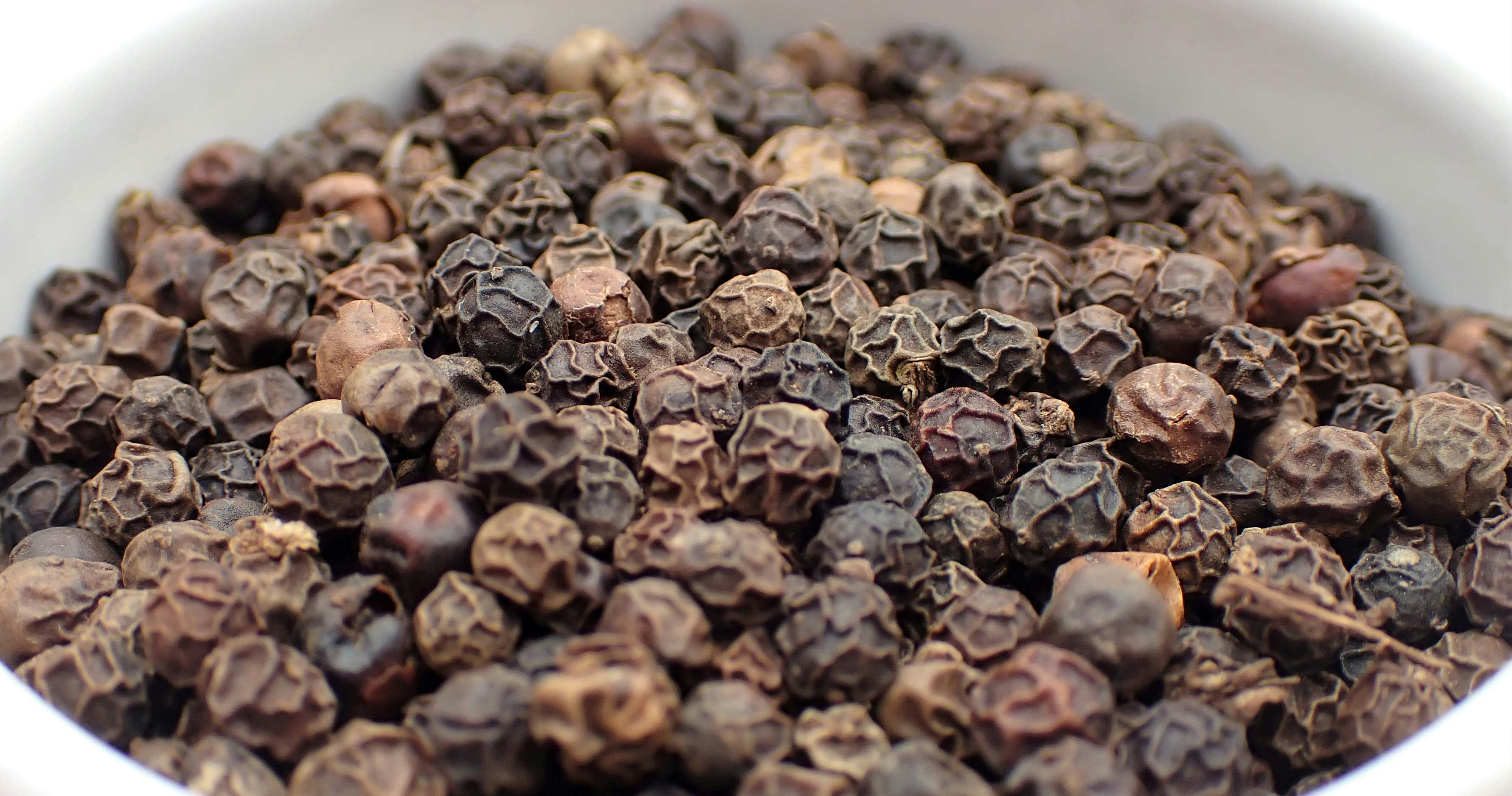
.jpg)
